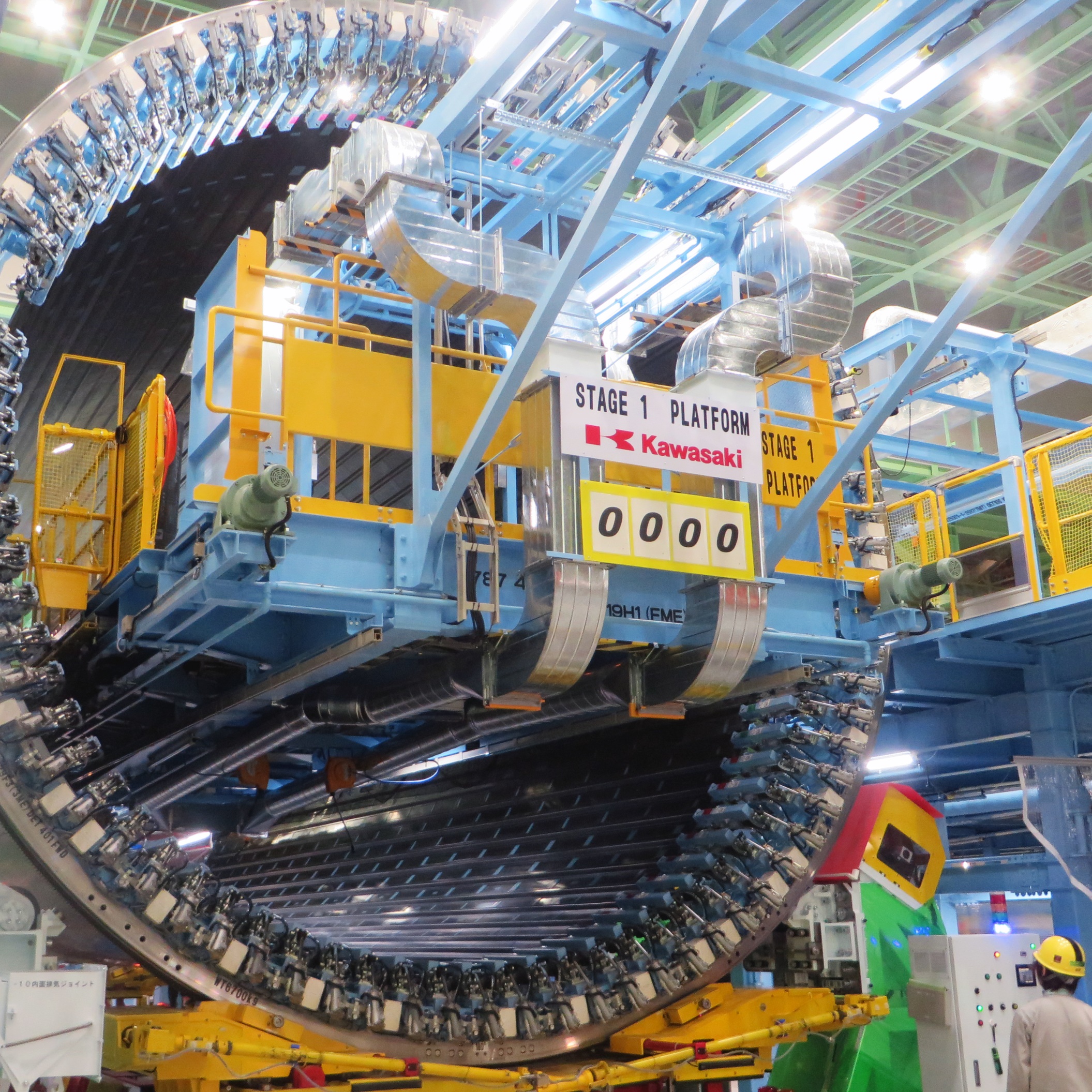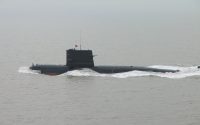
Boeing Co. (NYSE: BA) spent much of 2016 in the dog house, but a 19% rally in the fourth quarter enabled the stock to generate a total return of 11.3% in 2016 and a year-end closing price of $155.68.
Boeing unexpectedly became a member of the 2017 Dogs of the Dow thanks to a 30% dividend hike in mid-December, and the company was reiterated as a Buy in December at Deutsche Bank, which also raised its price target from $165 to $175. Buckingham Research remained skeptical of Boeing’s capital and growth plans, particularly cash flows and double-digit margins.
Boeing is valued at 22 times expected 2016 earnings per share, at 17 times expected 2017 earnings per share and about 15 times expected 2018 earnings per share.
The big good news for the company in December was Iran’s firm order for 80 passenger jets at a list-price value of $16.6 billion. An Iranian official later said the country’s flag carrier, Iran Air, would be paying about 50% of list for the planes.
The big bad news was the cancelled order for 18 787 Dreamliners that was placed in 2009 by Northwest Airlines before its merger with Delta Air Lines Co. (NYSE: DAL). Following the merger, Delta delayed delivery of the planes until sometime after 2020, a signal that the order was endangered.
Better news came on the defense side of the house. Orders for the company’s F-18 rose, and President-elect Donald Trump suggested that the Air Force replace orders for Lockheed Martin Corp.’s (NYSE: LMT) F-35 fighter with “comparable” Boeing fighters. While Boeing should win from the reported defense spending push under Trump’s plans, the company also came under fire from Trump for having such an expensive price target for Air Force One.
Boeing did not raise the list prices for its commercial jets in 2016, a nod to the scarcity of new orders. Because virtually no airline pays full list for a plane, the company was simply facing reality.
Analysts currently have a $156.50 consensus price target on the company’s stock, according to Thomson Reuters. That was up $5.00 from the start of December and is up over $8.00 from the start of October. If investors read into this accurately, Boeing’s big gains from late in 2016 may have eaten into gains in 2017. That implies that just the dividend yield would bring the return. Boeing’s shares rose 14% in 2015, but the year-end price of $144.59 came with a consensus price target of $163.78.
Boeing has a 52-week trading range of $102.10 to $160.07 and a market cap of $96 billion. Its dividend yield is 3.6%.
The Dow Jones Industrial Average closed out the year 2016 at 19,762.60 on December 30, a gain of 13.4% from the 17,425.03 close on the last trading day of 2015. This was quite close to the 24/7 Wall St. forecast of 19,700, but we still have a case that can be made for up to Dow 22,000 late in 2017. If 22,000 is in the cards, it seems that Boeing and its 5.4% index weighting are going to have to find a way to participate in that rally. The S&P 500 ended the year at 2,238.83, up 9.5% from the 2,043.94 close of 2015.
Find a Qualified Financial Advisor (Sponsor)
Finding a qualified financial advisor doesn’t have to be hard. SmartAsset’s free tool matches you with up to 3 fiduciary financial advisors in your area in 5 minutes. Each advisor has been vetted by SmartAsset and is held to a fiduciary standard to act in your best interests. If you’re ready to be matched with local advisors that can help you achieve your financial goals, get started now.
Thank you for reading! Have some feedback for us?
Contact the 24/7 Wall St. editorial team.

